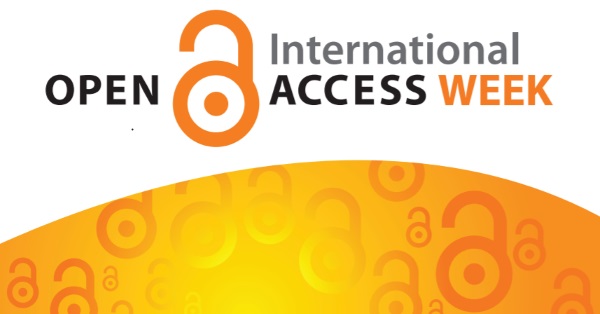You have /5 articles left.
Sign up for a free account or log in.

A couple of years ago, I wrote up a few ways you can make your work open access without breaking the bank, breaking the law, or risking your reputation. In honor of Open Access Week, I thought I’d review and update those suggestions. It seems especially timely, given how routine it has become for some academics to post their articles on ResearchGate and Academia.edu and how, suddenly, publishers are seeing this as a serious threat. You don’t want to rely on a commercial startup to share knowledge, especially if it leads to take-down notices. There are plenty of good options.
Find a good open access journal that fits your work and reaches your audience. (Some of them, particularly in the sciences, fund their operations through author-side fees, but most of them don’t, and even if they do, they will adjust their rates if you don’t have grant funding.) A few open access publications are even flagship society journals. If you aren’t already familiar with open access journals in your field, take a browse through the Directory of Open Access Journals. Not every quality OA journal is listed here – the vetting is done by volunteers, and there’s quite a backlog – but it’s a place to start. Better yet, read up in your field and then ask around and get a sense of who’s publishing where and what their experience was like. There are plenty of good open places to publish.
Find a traditional journal that will let you post a version of your work. Guess what: most of them do, though there are often special requirements about when you can release your manuscript version and how to link to the version of record. Even publishers are making this easier by letting you search for their rules by DOI or by publisher. While you’re at it, make sure you keep track of articles in manuscript form. Much of the time, you can’t post a finished PDF, but you can post the version you submitted last, after making any changes suggested through peer review. Occasionally, only the pre-peer review copy is allowed, which seems really silly. But then, one suspects the reason this has been allowed is the assumption that scholars simply won’t bother, so it won’t upset the applecart. Authors’ attitudes seem to be changing, though, as they grow accustomed to sharing and impatient with paywalls that get in the way of reputation-building. And we have lots of places to share: you may well have an institutional repository through your library that will get your stuff online, or you can post it yourself to places like Humanities Commons, SocArXiv, or any of the many disciplinary options available through programs like the Center for Open Science.
What about books? They’re opening up, too. There’s a lot of action on open textbooks these days, and more publishers that want to open up their backlists. Mellon has been splashing money about on projects to design better ways to make scholarly book publishing better adapted to the affordances of the internet. The list of open access books is growing, and quite a few publishers also allow authors of chapters of edited books to post manuscript copies online.
Think about your potential readers. Did you ever get the final publishing announcement for a book you spent years writing or encountered a publisher’s link to an article of yours and thought “Seriously? That much? Who can afford it at that price?” Good question. If you think people should have access to ideas even if they aren’t affiliated with a well-resourced institution, if you think your ideas matter, if you think some of the people who could benefit from your work aren’t among the academic one percent, do some digging before you decide where to publish. Your research matters. Access to knowledge matters. Why else do we do this?

